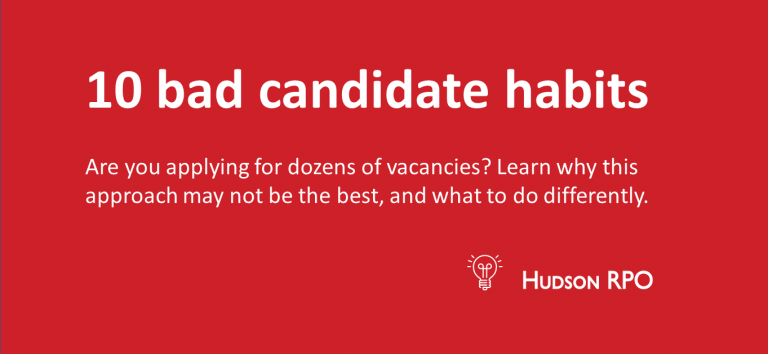5. Using capital letters for your entire name. This isn’t a biggy, but with some some kinds of software, when it comes time to hire you, the HR and Payroll departments will need to manually change your name so that it doesn’t stay capitalized.
If I am in the process of hiring someone whose name is all capitalized, I actually manually fix it so that HR and Payroll don’t have to do the extra work. Ideally, the candidate uses the correct styling, from the start.
6. Saving your resume file as “my_latest_ resume”. If you want to make life easier for the recruiter and for yourself, save your file as “your name” + “company name”.
This way, you know what version of your resume was sent to a job posting. The recruiter or hiring manager can then easily find your file on their computer.
7. Spelling and grammatical errors. Some hiring managers will refuse to consider candidates who have errors on their resume.
Before sending it, slowly proofread your resume. Even better, have someone else look as well.
8. Listing places you have worked, without indicating the dates. Recruiters and hiring managers like to get a feel for how long you have been at each company. How often do you change jobs? If you do not include the dates, you risk not being considered for roles.
9. Having a resume that is not in sync with your LinkedIn profile. When a company receives your resume, they may check it against LinkedIn or perhaps another resume of yours that the recruiter found online.
If something doesn’t match up, your candidacy may be rejected. Dates are a good example of where consistency is expected.
10. Sending a negative letter in response to receiving a rejection letter. It’s a very competitive job market. For some job postings, I may receive 200 to 300 resumes in 10 days. So, even if you were a fair match for the job that you applied for, the recruiter may have received quite a few that were a close fit, perhaps even closer than yours.
I don’t often receive a negative e-mail in response to rejecting someone’s candidacy, but if that does happen, I may flag it as a poor fit for our company’s values and behaviours.
Our company makes an effort to contact all candidates who make it to the interview stage, so thankfully it is quite rare for us to receive a negative response to a rejection letter.













